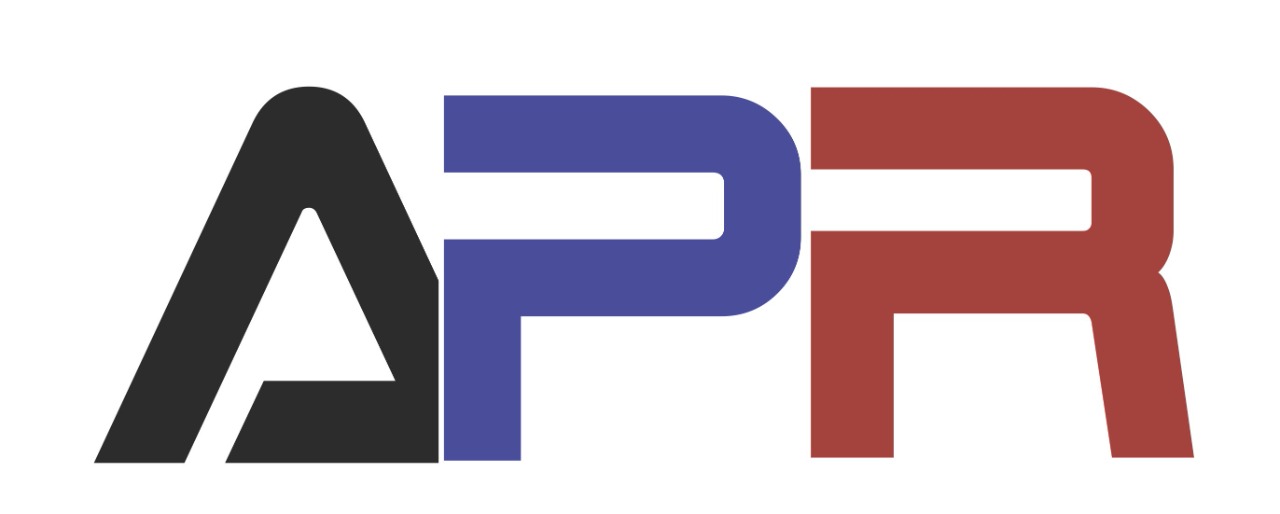Hilal Basak EROL, Banu KASKATEPE 1
Abstract : The key problem of antibiotic usage is resistance increase. The most serious pathogen is E. coli within the Gram negative bacteria. Infections with ESBL positive E. coli result in severe morbidity and mortality in humans, with substantial health costs (Temkin et al., 2018). As an alternative to the antimicrobials, as a promising tool, demands for bacteriophage therapy have increased over the years. Bacteriophages are defined as bacterial viruses and they offer a selective effect as they can kill their target bacteria (Sulakvelidze, Alavidze, & Morris, 2001). The objective of this work was to isolate and characterize potentially therapeutic phages active against E. coli and compare the efficacy with commercial phage preparation Intesti-bacteriophage on the ESBL (Extended spectrum beta lactamase) positive E. coli (ESBL-EC). The susceptibility of the harvested phages and Intesti-bacteriophage was determined using a spot test (Adams, 1959). 50 clinical ESBL-EC strains and 8 different ATCC strains were used for analysis. Intesti-bacteriophage were bought at the George Eliava Institute Pharmacy. A total of four E. coli were used to find lytic phages from the collection of 10 water samples obtained from the river water. The results of the activities revealed that lytic spectra ranging from 24% to 97%. Overall of strains were susceptible to one or more phages from the panel. It was proved that Intesti-bacteriophage is very effective in a wide variety of strains of E. coli include test strains, also showed that the newly isolated Ec_P6 phage is as effective as commercial phage.

